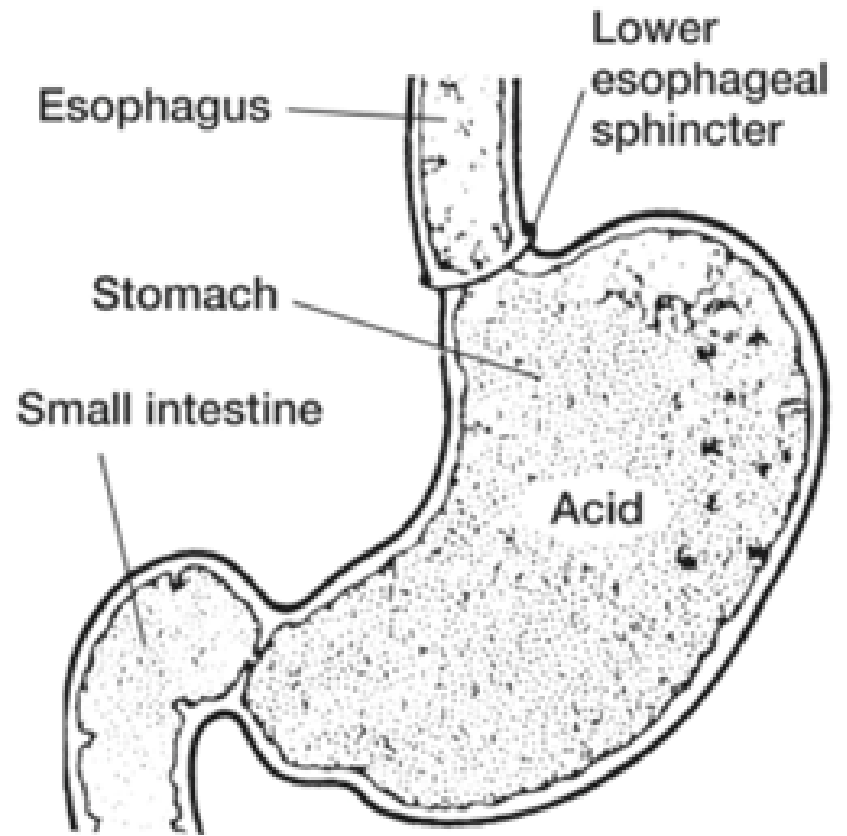Gastro-Esophageal Reflux Disease (GERD)
I want to talk about an issue that is affecting between 10 – 15% of the Australian population; and that problem is called Gastroesophageal reflux disease or GERD
GERD is a condition that develops when the reflux of stomach contents causes troublesome symptoms and complications such as heartburn, regurgitation, chest and abdominal pain, difficulty swallowing, chronic cough, belching… it’s not pleasant, and naturally many people suffering from GERD seek out medical treatments. These treatments usually take the form of medications (such as Nexium or Gaviscon) that reduce the production of stomach acid, thereby reducing the symptoms.
The problem with this approach is that it actually exacerbates the main factor that contributes to reflux in the first place, and that main factor is ‘lower esophageal sphincter (LES) dysfunction’.
The LES allows food to pass from the oesophagus into the stomach when it is in a relaxed state, this is totally normal.
However, people suffering from GERD experience an increased incidence of inappropriate LES relaxations. This is particularly evident in patients with hiatal hernia complications. In this case when the patient swallows and the LES relaxes, the contents flow back into the oesophagus. Not normal.
The crucial point I want to argue in this article is that sufficient stomach acidity is the very signal to the LES to remain closed, so increasing gastric acid secretions tends to be the go-to nutritional intervention; the very opposite of what acid-suppressing drugs achieve.
Now, this isn’t always a smooth ride, especially if you’ve been taking acid-supressing drugs routinely for more than a couple of years. Removing the drugs can result in up to 2 months of rebound heartburn. During this period of discomfort, I tend to prescribe soothing, anti-inflammatory, and mucolytic supplements, such as slippery elm, aloe vera and licorice.
After a couple of months, the rebound heartburn symptoms will likely have diminished, so it then becomes necessary to supplement with hydrochloric acid (HCl) and pepsin, which often corrects the underlying symptoms of heartburn and improves digestion, paving the way to a lifetime free of unwanted reflux and heartburn.

